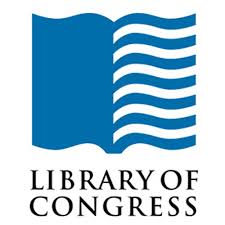The new rules for exemptions to copyright’s DRM-circumvention laws were issued today, and the Librarian of Congress has granted much of what EFF asked for over the course of months of extensive briefs and hearings. The exemptions we requested—ripping DVDs and Blurays for making fair use remixes and analysis; preserving video games and running multiplayer servers after publishers have abandoned them; jailbreaking cell phones, tablets, and other portable computing devices to run third party software; and security research and modification and repairs on cars—have each been accepted, subject to some important caveats.
The exemptions are needed thanks to a fundamentally flawed law that forbids users from breaking DRM, even if the purpose is a clearly lawful fair use. As software has become ubiquitous, so has DRM. Users often have to circumvent that DRM to make full use of their devices, from DVDs to games to smartphones and cars.
The law allows users to request exemptions for such lawful uses—but it doesn’t make it easy. Exemptions are granted through an elaborate rulemaking process that takes place every three years and places a heavy burden on EFF and the many other requesters who take part. Every exemption must be argued anew, even if it was previously granted, and even if there is no opposition. The exemptions that emerge are limited in scope. What is worse, they only apply to end users—the people who are actually doing the ripping, tinkering, jailbreaking, or research—and not to the people who make the tools that facilitate those lawful activities.

 "Our lives are on our laptops – family photos, medical documents, banking information, details about what websites we visit, and so much more. Thanks to protections enshrined in the U.S. Constitution, the government generally can’t snoop through your laptop for no reason. But those privacy protections don’t safeguard travelers at the U.S. border, where the U.S. government can take an electronic device, search through all the files, and keep it for a while for further scrutiny – without any suspicion of wrongdoing whatsoever."
"Our lives are on our laptops – family photos, medical documents, banking information, details about what websites we visit, and so much more. Thanks to protections enshrined in the U.S. Constitution, the government generally can’t snoop through your laptop for no reason. But those privacy protections don’t safeguard travelers at the U.S. border, where the U.S. government can take an electronic device, search through all the files, and keep it for a while for further scrutiny – without any suspicion of wrongdoing whatsoever."